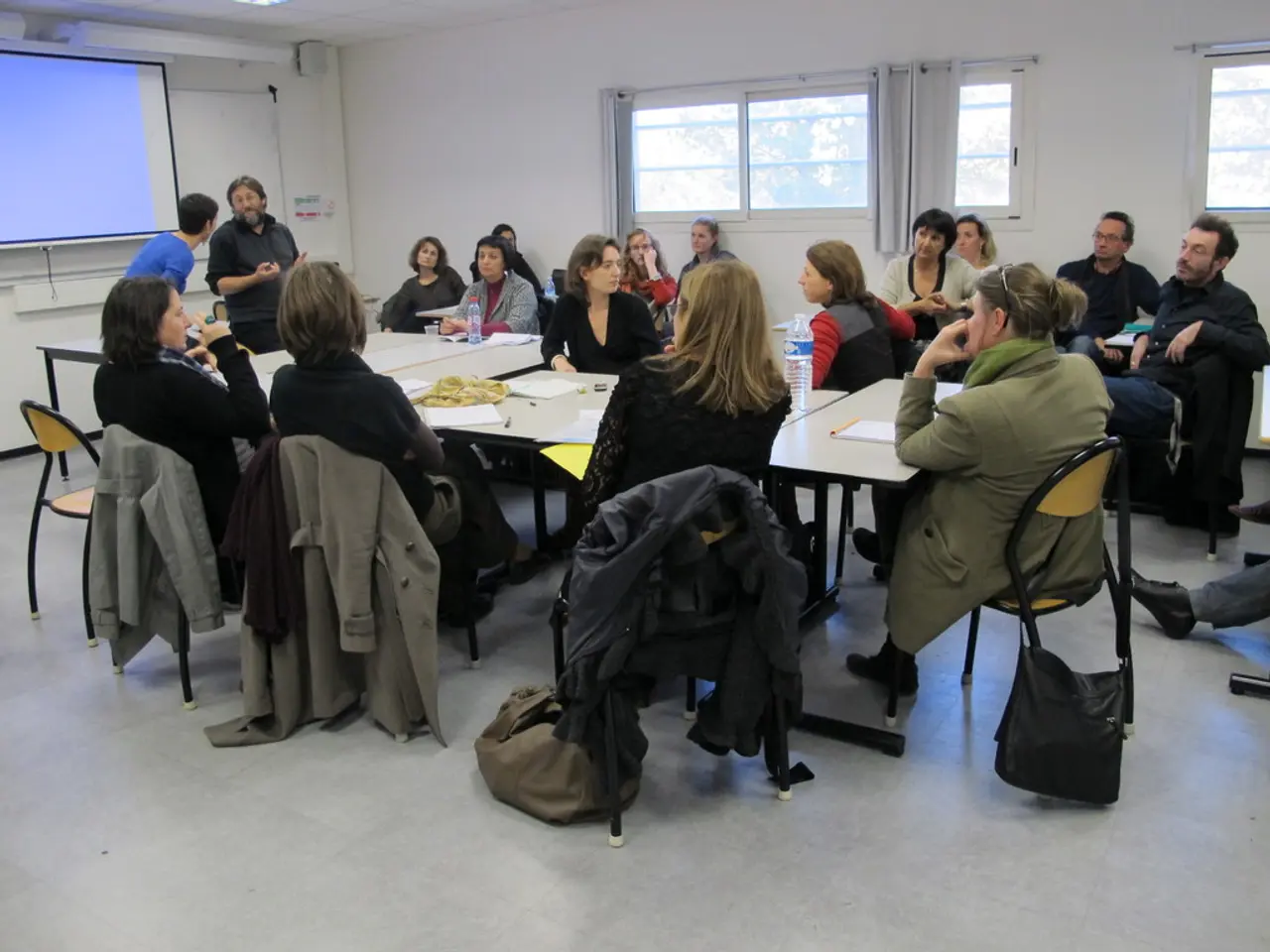Guide to Restoring Access: Rebuilding Relationships and Reclaiming Connections
In the complex world of human interactions, being blocked by someone can be a challenging experience. However, it's not always a sign of the end, and there are strategies to consider if you sincerely wish to rebuild the relationship.
Cease Destructive Interactions and Respect Boundaries
The first step in rebuilding a relationship after being blocked involves stopping any harmful behaviors. This means halting destructive arguments, avoiding behaviors that escalate conflict, setting ground rules for respectful interaction, and taking time-outs when tensions rise. Respecting the other person's boundaries is crucial during this process [1].
Rebuild Trust Gradually
Rebuilding trust and emotional safety is a gradual process that requires consistent reliability through small positive actions over time. This includes respecting boundaries, showing emotional availability, taking responsibility for past mistakes, and following through on commitments [1].
Improve Communication Patterns
Effective communication is key in rebuilding relationships. Techniques such as empathetic listening, using "I" statements, validating the other person’s feelings, and clarifying understanding by paraphrasing can help improve communication patterns [1]. Starting conversations with appreciation and making specific, actionable requests without blame can also facilitate constructive dialogue [1].
Avoid Rushing Conversations
It's important to remember that rebuilding trust and connection typically takes steady, long-term effort that varies widely depending on the relationship history and the severity of issues. Premature contact may push the other person further away, so it's crucial to respect their boundaries initially [5].
Craft a Thoughtful Apology (If Appropriate)
Understanding the reason behind being blocked is crucial for any attempt to reconcile. This allows you to address the specific issue that caused the other person distress and demonstrate genuine remorse and willingness to change [1]. If the decision to unblock you is up to the other person, you must respect their decision if they are not willing to forgive you or communicate with you.
Focus on Self-Care and Personal Growth
Dealing with being blocked can be emotionally distressing. To cope, engage in self-care activities that help process feelings, focus on activities that bring joy, and remind yourself of your worth and value outside the specific relationship. Focus on your own happiness and well-being by investing in personal growth, building healthy relationships, and pursuing passions [5].
Prevent Similar Situations in the Future
To prevent similar situations from happening in the future, develop long-term strategies for maintaining healthy relationships, such as active listening, empathy and compassion, healthy communication, and setting boundaries. If you genuinely believe you were blocked accidentally, consider the context of your relationship and potential tech-savvy mistakes before reaching out [1].
Avoid Putting the Other Person in an Awkward Position
Approaching the blocked person through a mutual friend can put them in an awkward position and inadvertently create more conflict. Sometimes, despite best efforts, it's not possible to get unblocked or rebuild the relationship, and it's important to accept the situation and move on [1].
Seek Professional Help When Necessary
If the relationship was characterized by unhealthy patterns such as abuse, manipulation, or constant conflict, it might be best to let go and prioritize your own well-being. In such cases, seeking professional help, such as couples therapy or individual therapy, can be beneficial [2].
In summary, the most effective strategies after being blocked are to cease destructive interactions immediately and respect boundaries, rebuild trust gradually via consistent, reliable, small positive actions, improve communication with empathetic listening and non-blaming language, avoid rushing conversations, focus on self-care and personal growth, and prevent similar situations in the future by developing long-term strategies for maintaining healthy relationships.
- In the process of rebuilding a relationship, focusing on personal growth, education-and-self-development, and lifestyle changes can positively impact your interactions and set the foundation for healthier relationships in the future.
- By prioritizing personal growth and emotional maturity, you can enhance your ability to maintain respectful relationships, promote positive relationships, and contribute to a lifestyle centered around growth and self-improvement.




